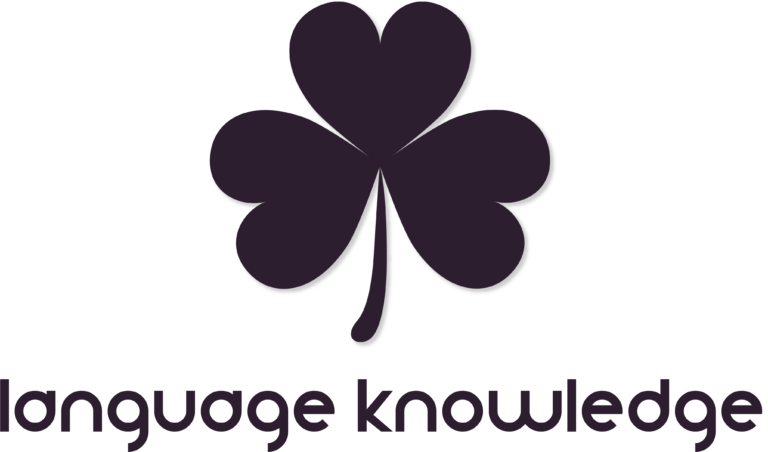What is a past participle? What are English participles?
English participles formation
The present participle
The students learning English were standing on a table.
As the example already shows, the formation of the present participle is not difficult. Because only one –ing has to be attached at the end of the verb. Just as the example shows.
The past participle
Likewise, the formation of this participle is not much harder. All you have to do is attach an –ed to the verb. Unless it is an irregular verb, then you must use the 3rd principal form (Past Participle), here are the 100 most important irregular verbs..
For example:
sung
learned
Participles with be and have
Participles with be:
being learned
In English, the Past Participle together with the form of to be has a Passive meaning. This is used as to be form being and the participle ends in -ed or, if it is irregular, the 3rd verb form is used (Past Participle), here is a table with the 100 most important irregular verbs.
Participles mit have:
Unlike a past participle with be, a past participle with have expresses a preterm. In other words, the process of describing it happened in this sentence. So, it’s a third participle, called Perfect Participles. In contrast to the other two participles, there are 2 variants of English perfect participle:
VARIANTE 1 (PERFECT PARTICIPLES 1):
General formation:
having + 3rd verb form
An example:
Having learned English the students go home.
VARIANTE 2 (PERFECT PARTICIPLE 2):
General formation:
having been + 3rd verb form
An example:
The English lesson having been taught by a teacher was long.
About me
Hey, I used to think that language learning was innate. Either you can speak English or not and it doesn’t matter how much you learn -“Anyway I don’t record good grades in English.” And that’s where English is so important.
After a while, I gave myself one last chance to learn English. Only this time I limited myself to the essential points.
For me, that meant verbs: formation – examples – signal words & usage
This method enabled me to learn English faster than ever before.
Since then I know that learning languages is not innate. And through that realization, my vision has become to offer other students the opportunity to learn English, just like I did back then. Now I ask you to help me by sharing this article with your friends!
Thank you very much!
You read: Participle





